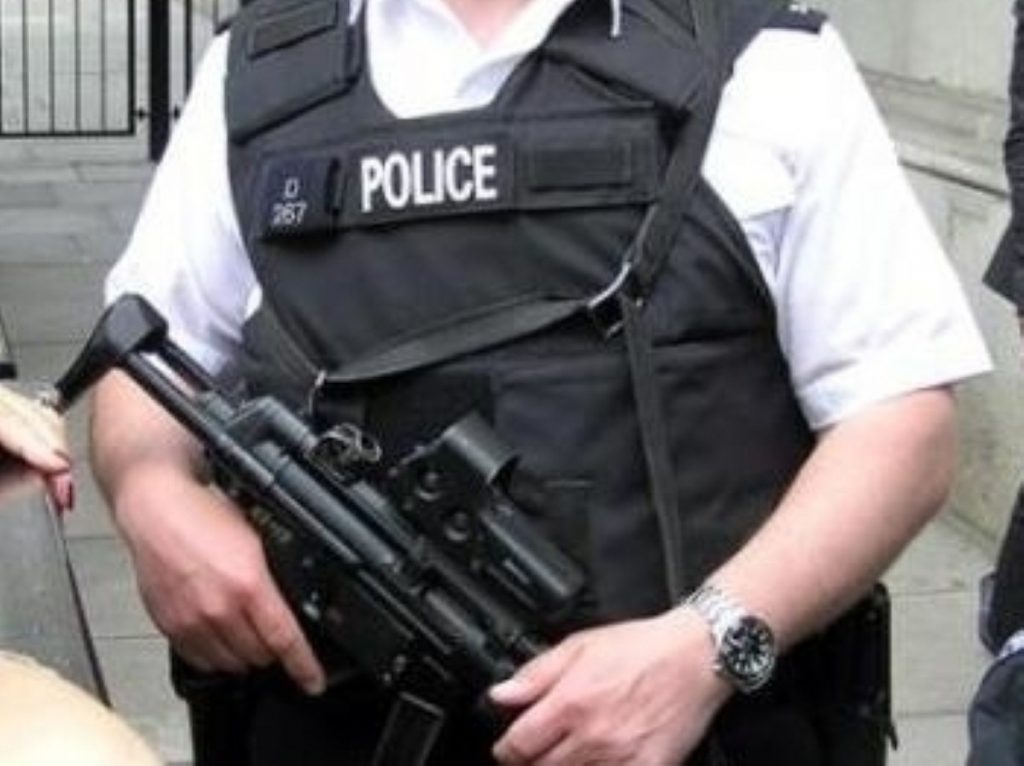May at loggerheads with human rights body
By Phil ScullionFollow @PhilScullion
Human rights are at risk from "controversial" anti-terror legislation, a parliamentary committee has said.
Since March 18th this year police counter-terrorism powers to stop and search without reasonable suspicion have been enshrined under the Terrorism Act 2000 (Remedial) Order 2011.
This ability should be subject to "tighter controls", the Joint Committee on Human Rights (JCHR) has said.


The government has already rejected the committee's recommendations on stop and search once.
The conclusions of their initial report, published on 15 June 2011, were rejected a month later by the home secretary Theresa May.
However Dr Hywel Francis, chair of the committee is calling for a re-evaluation of this decision.
He said: "We are disappointed that, despite some welcome clarifications, the government has not accepted the need to amend this order to prevent possible future human rights violations.
"The power to stop and search without reasonable suspicion is rightly controversial and has to be very tightly controlled."
The order was put in place after the judgement of the European Court of Human Rights in Gillan and Quinton v UK. In that case the court decided that the powers to stop and search without reasonable suspicion violated the right to respect for private life.
This was because the ECHR considered the powers too broad and lacking in safeguards against abuse.
The committee's initial report questioned whether the order would be sufficient to avoid future human rights breaches.
Having failed to persuade the government of this first time around the committee has set out two new amendments it believes should be made to the order.
First that it be made explicit the authorising officer should have reasonable basis for suspicion that an act of terrorism will take place, but also that receiving this authorisation is necessary and proportionate to prevent such an act.
Second that prior judicial authorisation of the power to stop and search without reasonable suspicion should be required.
Dr Francis added: "We remain concerned that, as it stands, without tighter definition of the power and stronger legal safeguards, the order will not prevent future legal challenges.
"We want the independent reviewer, David Anderson QC, to examine the operational gap which the government says justifies using the urgent procedure for this order."
David Anderson QC, recently expressed concerns over the strength of safeguards in the order and its code of practice on human rights issues.
The Order needs to be agreed by both Houses before the October 14th, or it will lapse.












